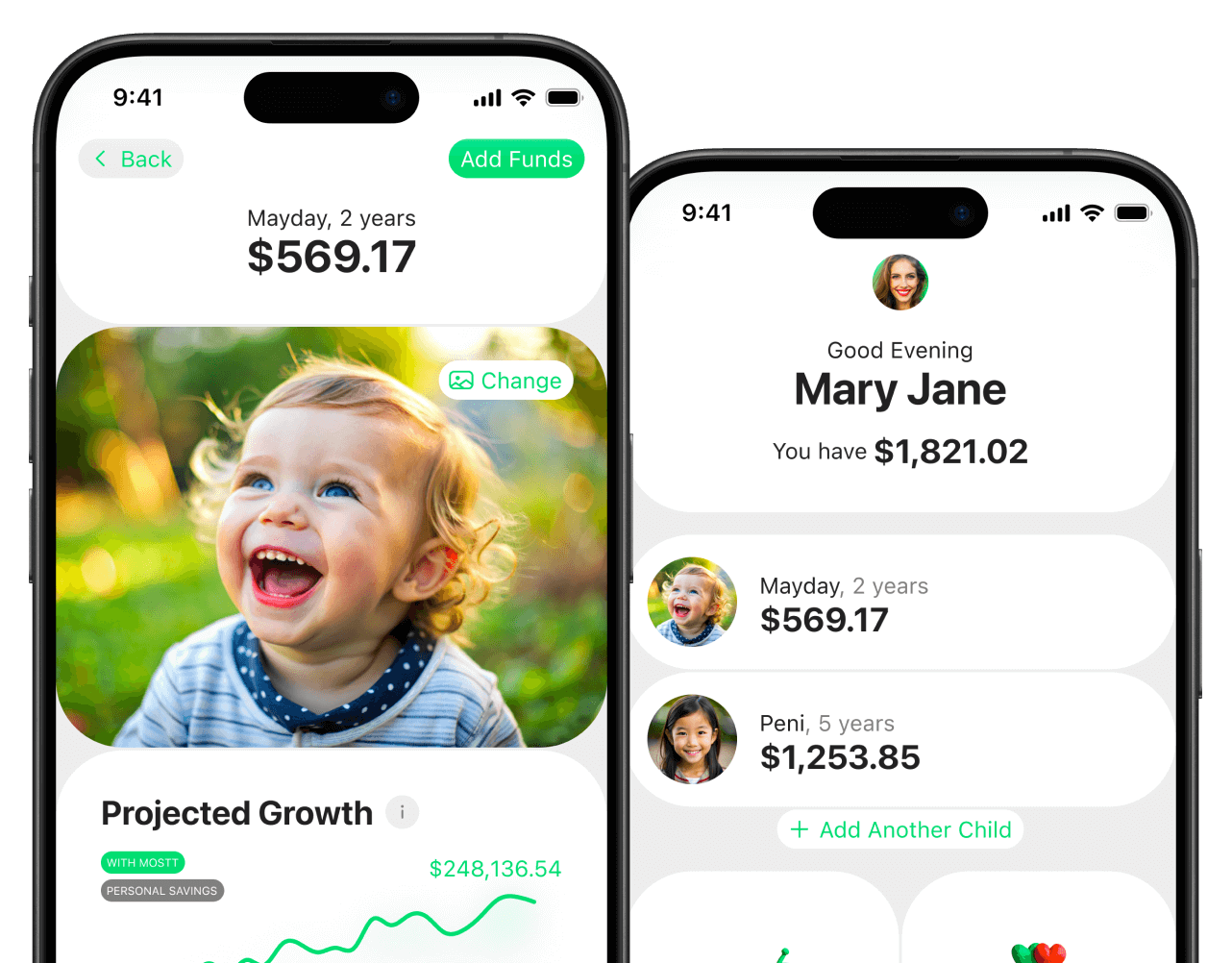Every summer, kids across the country trade their flip-flops for name tags, their lazy mornings for alarm clocks, and their beach days for paydays.
And that’s a good thing.
Because tucked inside every minimum wage paycheck is something no textbook can teach: the value of money, the pride of earning, and the beginning of financial wisdom.
As parents, we dream of giving our kids every advantage in life. But sometimes, the best gift isn’t a new gadget or even a fully-funded savings account—it’s the chance to earn their own money and learn what to do with it.
Let’s talk about what summer jobs can actually teach our kids—and how we as parents can guide that journey.
1. Hard Work = Real Money
The Problem: Kids often grow up seeing money as something that just appears—handed over by parents, gifted on birthdays, or loaded onto a debit card. This separation from the process of earning money can create unrealistic expectations about how money works in the real world.
But the first time they spend 6 hours scooping ice cream or folding jeans, that changes. Suddenly, they understand the energy and effort required to earn even a small amount.
The Transformation: When your child earns their own $100, they treat it differently than if you’d handed it to them. They pause before spending. They think twice. And that’s not because they suddenly love saving—it’s because they worked for it.
The experience creates a tangible link between effort and reward. Kids begin to understand that money isn’t just a number, it’s the result of time, energy, and responsibility.
Life Lesson: “If I want more, I have to give more effort.”
Your Role as a Parent: Celebrate the paycheck, but don’t let it burn a hole in their pocket. Sit down and talk through where that money might go: spending, saving, and giving. Help them feel proud of the accomplishment while encouraging thoughtful decisions about what comes next.
2. Budgeting Becomes Personal
The Problem: Budgeting sounds boring—until your kid realizes they blew through their entire paycheck in two days and can’t afford gas for the week or the movie ticket they really wanted.
Budgeting in theory doesn’t mean much to teens. But when their money disappears before their next shift, budgeting becomes real. It becomes urgent.
The Transformation: When a teen earns $200 and watches it disappear on takeout, fast fashion, and impulse buys, something clicks. Budgeting isn’t just a math class term—it’s personal.
They begin to see the power of planning ahead, and they start asking themselves smarter questions: Do I really need this? Can I wait? What am I saving for?
Life Lesson: “My choices shape my future.”
Try This: Introduce a simple budgeting system. One example is the 50/30/20 rule:
-
50% for needs (or savings if they don’t have bills yet)
-
30% for wants
-
20% for giving or investing
Show them how to track their spending—whether with a journal, a spreadsheet, or an app. Tools like the Mostt app allow kids and parents to work together on setting and achieving financial goals.
3. Delayed Gratification = Bigger Rewards
The Problem: In an on-demand world, it’s easy for kids to believe they should have what they want, now. One-click shopping, instant downloads, and fast food have conditioned them to expect immediacy.
But when they’ve worked for that money, instant gratification doesn’t feel so satisfying. In fact, it can feel like a letdown.
The Transformation: Waiting a few paychecks to buy something big—a phone, a bike, a concert ticket—feels earned. That pride? You can’t buy it. You have to build it.
The power of waiting shows kids that the things we work for are often more meaningful than the things handed to us.
Life Lesson: “Some things are worth waiting for.”
Help Them Win: Encourage a short-term savings goal. Help them pick something meaningful to work toward. Create a visual tracker—a progress bar, a savings jar, or a sticker chart—that lets them see how close they are to their goal.
And when they finally reach it? Celebrate the moment. Help them reflect on how great it feels to earn something through patience and perseverance.
4. Confidence Comes from Capability
The Problem: Teenagers often doubt themselves. They don’t know where they fit, what they’re good at, or if they’re ready for the real world. The pressure to perform academically or socially can be overwhelming.
But a summer job offers a different kind of test—one rooted in responsibility, accountability, and adult interactions.
The Transformation: Earning their own money gives kids a taste of independence. It teaches them how to talk to adults, show up on time, deal with conflict, and contribute to something bigger than themselves.
They learn that they can handle more than they thought. They gain confidence through experience, not just praise.
Life Lesson: “I’m capable. I can do hard things.”
How to Support This: Ask about their day. Celebrate the small wins—handling a tough customer, getting a compliment from their boss, saving up for something important. These are the building blocks of self-confidence.
Encourage reflection. What did they learn this week? What surprised them? What are they proud of?
5. Money Has Purpose (and So Do They)
The Problem: Without a sense of purpose, money is just paper (or pixels on a screen). And that means it’s easy to waste. Money without direction becomes meaningless.
The Transformation: When kids begin to assign meaning to their money—saving for college, helping a friend, buying gifts for family—they begin to understand something deeper:
Money isn’t just about what you can buy. It’s about who you can become and how you can impact others.
Life Lesson: “Money is a tool to live a life that matters.”
This is the beginning of values-based spending. And it’s one of the greatest financial lessons a child can learn.
Show Them How: Lead by example. Talk about your own money goals and decisions. Involve them in family financial conversations. Encourage them to give to a cause they care about or invest in something meaningful.
If you’re using a tool like Mostt, show them how you’re investing for their future—and invite them to do the same. With small contributions, they can watch their money grow and understand that purpose-driven investing can begin at any age.
For more on teaching kids about money, check out Khan Academy’s financial literacy resources.
Bonus Tip: Turn Their Earnings into a Long-Term Gift
As your child earns and learns, consider helping them open a custodial investment account. It’s a smart way to introduce the idea of long-term saving and compounding interest.
Even small, regular contributions—like $20/month—can add up significantly over time. Show them the math. Let them see how their summer job can turn into a college fund or even a down payment someday.
That kind of vision gives work meaning.
Final Word: Don’t Miss the Moment
Summer jobs aren’t just about making a few bucks. They’re a masterclass in life, disguised as work.
And the habits your kids build now? They’ll carry them for a lifetime.
So if your child has a summer job—or is thinking about getting one—don’t just cheer from the sidelines. Step in as their financial guide. Help them turn that paycheck into a purpose.
Because when kids learn the value of money early, they don’t just earn more later—they live with more intention.
Looking to give your child a head start while they earn their own?
Open a Mostt account today. They can start investing with as little as $25/month—and learn that building wealth isn’t just for adults. It starts now.




